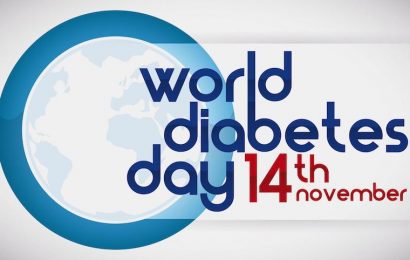To walk or to run for exercise? This is most likely not a dilemma that most people face. After all, most Americans get very little exercise, and people who don’t even walk very much — whether out of habit or because of physical limitations — are probably unlikely to suddenly take up running. But if you’re in decent physical shape and already have a walking routine, you may be wondering what, if anything, you would gain by switching from walking to running. Two recently published studies help answer this question.
The first study, published in April issue of the journal Medicine & Science in Sports & Exercise, aimed to find out how runners and walkers compare when it comes to weight loss. Based on questionnaires that 15,237 regular walkers and 32,216 runners each completed twice, with six years in between, the study found that walkers tend to expend less than half as much overall energy through exercise as runners do — perhaps not a surprising finding. But what may be surprising is that the study also found greater benefits from running than walking when the same amount of energy was expended.
As an article on the study at Physician’s Briefing notes, both male and female walkers were found to expend less energy than runners through exercise at the beginning of the study, and they were also significantly heavier than runners on average. However, the study tried to overcome these differences by using a standard measure of energy expenditure called metabolic equivalent of task (MET)-hours when comparing walkers with runners before and after the six-year period. It turned out, though, that even with the same level of energy expended, running translated into better weight control than walking did. Each MET-hour of exercise per day was associated with a greater drop in body-mass index over the study’s six years in runners than in walkers, both in men and in heavier women. Among the heaviest 25% of all participants, each MET-hour of running corresponded to a 90% greater weight loss than each MET-hour of walking.
But another study using the exact same surveys, published online earlier this month by the journal Arteriosclerosis, Thrombosis, and Vascular Biology, found that walking and running had about the same cardiovascular benefits once energy expenditure was accounted for — and that walking had an even greater benefit than running in certain areas. As described in an article at MedPage Today, this study looked at cases of hypertension, high cholesterol, diabetes, and coronary heart disease that developed in participants in the six years between the two questionnaires. Because they expended more energy through exercise each day, runners had better outcomes than walkers in each of these areas. But for each MET-hour expended daily, hypertension was reduced by an average of 7.2% through walking but only 4.2% through running; high cholesterol, by 7% through walking and 4.3% through running; diabetes, by 12.3% through walking and 12.1% through running; and coronary heart disease, by 9.3% through walking and 4.5% through running.
Together, these two studies seem to suggest that for the same amount of energy expended, running is better for weight loss and walking is better for cardiovascular health (the difference for diabetes prevention was not significant). But, of course, this study has several limitations, starting with the fact that its participants were already regular walkers or runners. It may be that for some unknown reason, the type of person who chooses to run is already less likely to gain weight, while the type of person who chooses to walk is less likely to get heart disease. Only a study that randomly assigned each participant to be either a walker or a runner could discount this possibility, and of course such a study would most likely see a large number of participants drop out or not complete their assigned exercise regularly. But even assuming that there is no difference in preexisting health risks between walkers and runners, comparing MET-hours may not say much about the real world when it usually takes more than twice as many minutes of walking to burn the same amount of energy burned running.
What do you think of these results — have they confirmed your decision to be a walker or a runner, or motivated you to start walking or running? What information, if any, could convince you to switch from walking to running or vice versa? Have you already switched from walking or running to the other? If so, why did you make the switch, and what have the results been? Do you find it easier to motivate yourself to do one form of exercise or the other? Leave a comment below!




